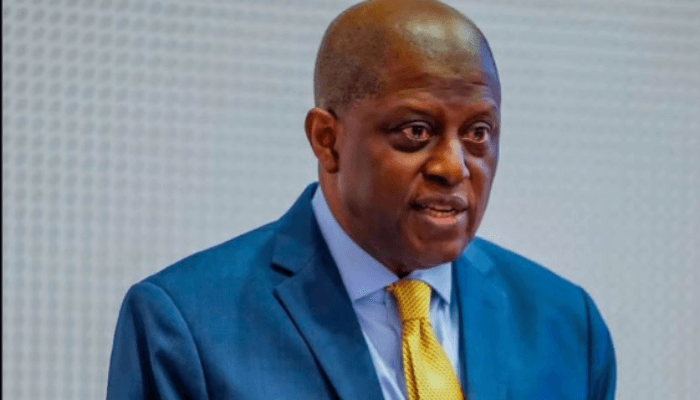
The $2.86 bn debt service paid by Nigeria in the first eight months of 2025 has exposed a troubling reality: the country is bleeding foreign exchange reserves to service external debt, leaving little room for imports or development. Data from the Central Bank of Nigeria shows that of the $4.14 bn total foreign payments in that period, a staggering 69.1 percent went to debt service.
Though the absolute amount fell from $3.06 bn in the same period of 2024, the dominance of debt in Nigeria’s foreign outflows remains unshaken. In 2024, debt accounted for about 70.7 percent of foreign payments. Punch
The breakdown of monthly payments in 2025 highlights sharp swings:
These fluctuations make planning difficult and increase macroeconomic risk. When “$2.86 bn debt service” dominates foreign payments, Nigeria loses flexibility to manage imports, infrastructure, or urgent social needs.
Debt experts and rating agencies have flagged the trend. Fitch predicts Nigeria’s total external debt service will hit $5.2 bn in 2025, with much of that going to amortizations and Eurobond payments.
Key risks include:
To mitigate the danger of having $2.86 bn debt service consume most foreign payments, Nigeria must: